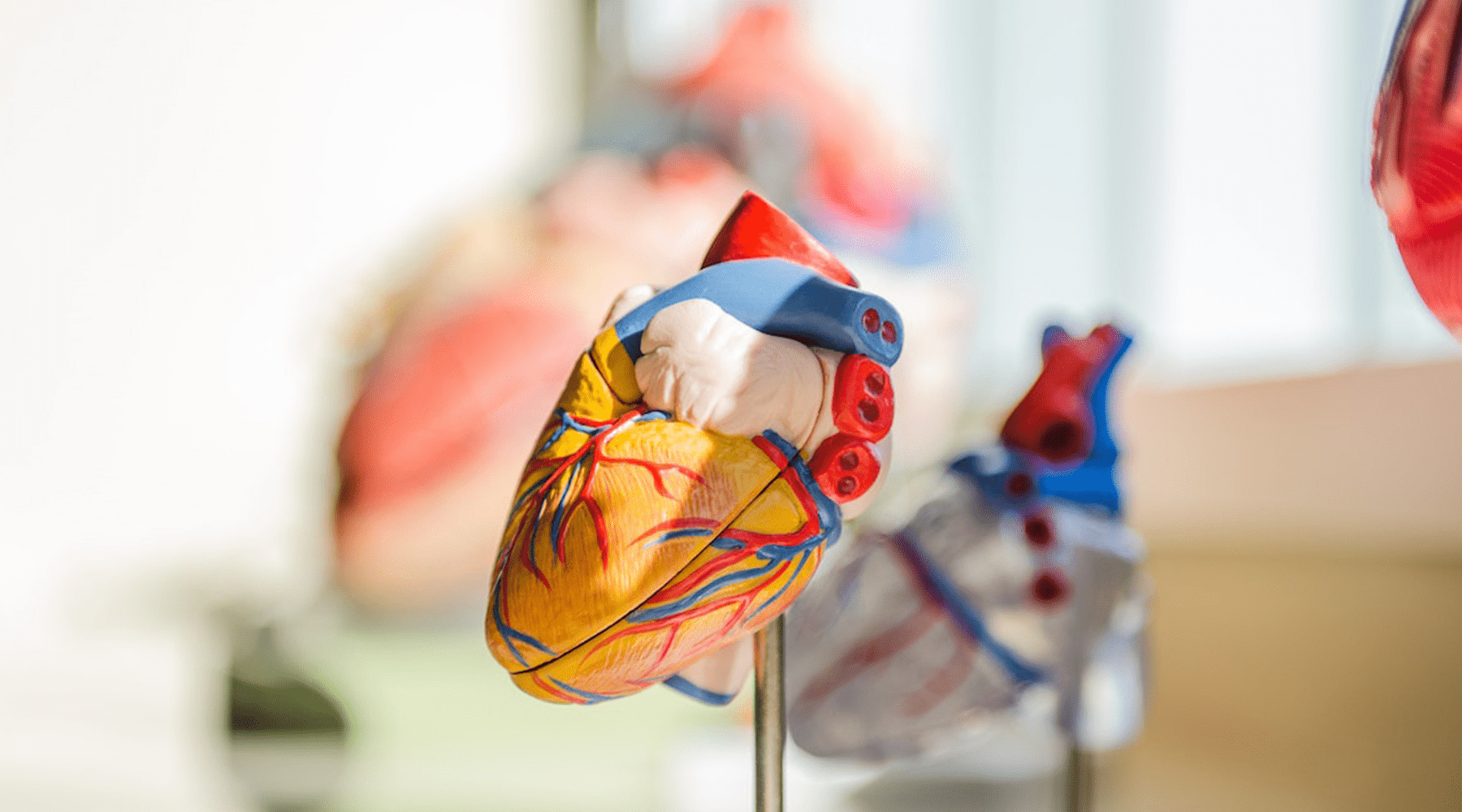Adam’s Journal
Here’s a question from a reader:
My son tested positive for the coronavirus in June and had mild symptoms. He’s since recovered. He texted this morning and asked if I’d seen the news about myocarditis, the heart condition that seems to be related to Covid-19. Is this something he should be worried about?
— Penny Voss, Edmond
Dr. Prescott Prescribes
Myocarditis is an inflammation of the heart muscle. It has different causes, but the most common one is a viral infection like the coronavirus.
The condition is marked by symptoms that include chest pain, fatigue and shortness of breath. Severe cases can weaken the heart and cause clots to form there, potentially leading to heart attack or stroke.
A recent study out of Germany from the Journal of the American Medical Association has raised concerns about myocarditis and Covid-19. Scientists gave cardiac MRIs to 100 patients who’d recovered from the virus (two-thirds of them had suffered mild or no symptoms). The tests showed 78 percent of recovered patients with some kind of cardiac anomaly, and 60 percent exhibited cardiac inflammation consistent with myocarditis.
This study, along with reports of athletes who’ve experienced heart issues following coronavirus infections, played a major role in the recent decisions of the Big Ten and Pac-12 to postpone football and all other fall collegiate sports.
So, where does this leave anyone who’s had a coronavirus infection?
Unfortunately, because there’s still so much we have yet to learn about this virus, we just don’t know. That’s why scientists at the Oklahoma Medical Research Foundation and throughout the world are working so hard to uncover its many mysteries.
In the meantime, I’d recommend that your son pay close attention in the coming months to how he feels. He should be particularly vigilant for symptoms if he engages in vigorous physical activity. In rare instances, undetected myocarditis has led to sudden death under these circumstances.
If he develops symptoms — chest pain, exhaustion, difficulty catching his breath — he should see a doctor, who can perform additional testing like an EKG, echocardiogram and blood test for a protein that reveals cardiac injury.



